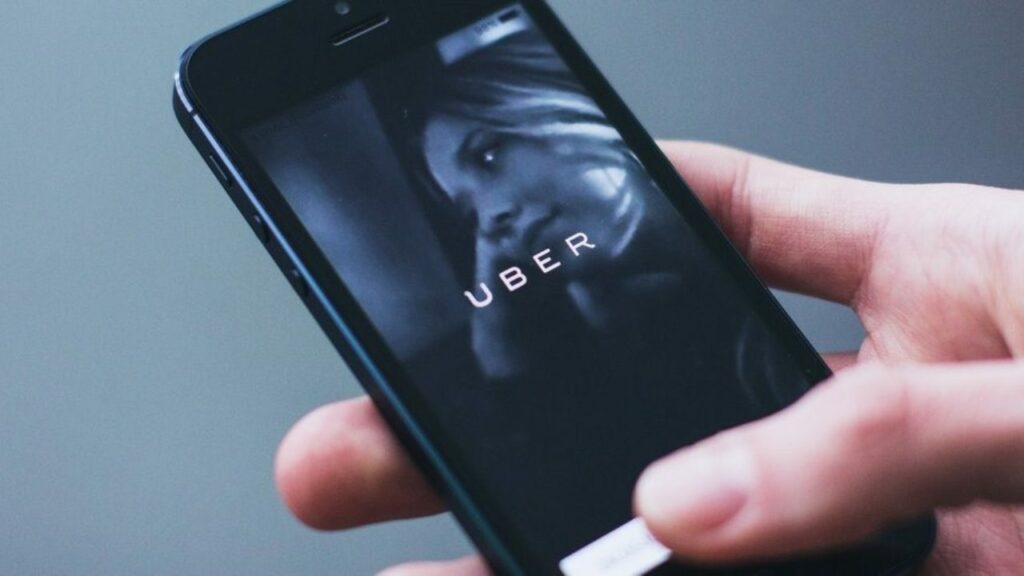Belgian newspaper Derniere Heure has accused Uber, the ride hailing app, of increasing the prices for users if they have low phone battery.

The app has been charging different fares for different users based on how high or low their phone batteries are.
Investigation in Belgium
Upon investigation, the paper found discrepancies for similar trips.
Dernière Heure conducted a test using two smartphones, one with 84% battery and the other with 12%, to request a ride from their office in Brussels to Tour & Taxis in the centre.
The result showed a significant price difference, with the phone at 12% battery being charged €17.56 and the phone at 84% battery being charged €16.6 for the same service.
Uber’s statement
Uber has rejected such findings and a spokesperson said,
“Uber does not take into account the phone’s battery level to calculate the price of a trip.
The dynamic pricing applied to trips booked via Uber is determined by the existing demand for rides and the supply of drivers who can respond to it.
During peak hours, when there are many ride requests and few available drivers in a certain geographical area, this may impact the price of the trip.”
Issue of price discrepancy
The Brussels Times fired back, saying “Uber’s explanation does not clarify why two users requesting the same ride at the same time would pay different fares.
In any case, the price discrepancy may encourage users to compare offers on their respective phones when booking rides together.”
Not the first time for Uber
This isn’t the first time Uber has been accused of charging different fares based on the user’s phone battery life.
On May 25, 2016 Forbes put out an article titled ‘Uber: Users are more likely to pay surge pricing if their phone battery is low”.
The same year Uber’s former head of economic research, Keith Chen, said in an interview with NPR that the company had found that people with lower battery levels were more willing to pay for surge pricing.
He denied the company was specifically raising prices on these users.
But there is still skepticism as to why the company was monitoring battery life in the first place.












